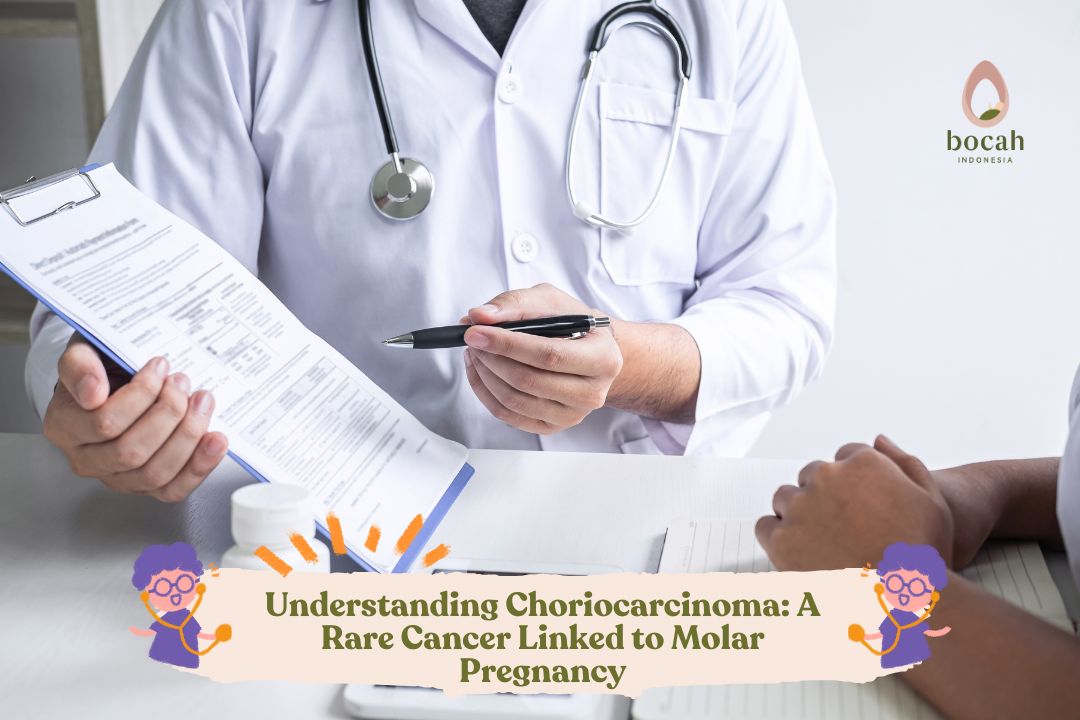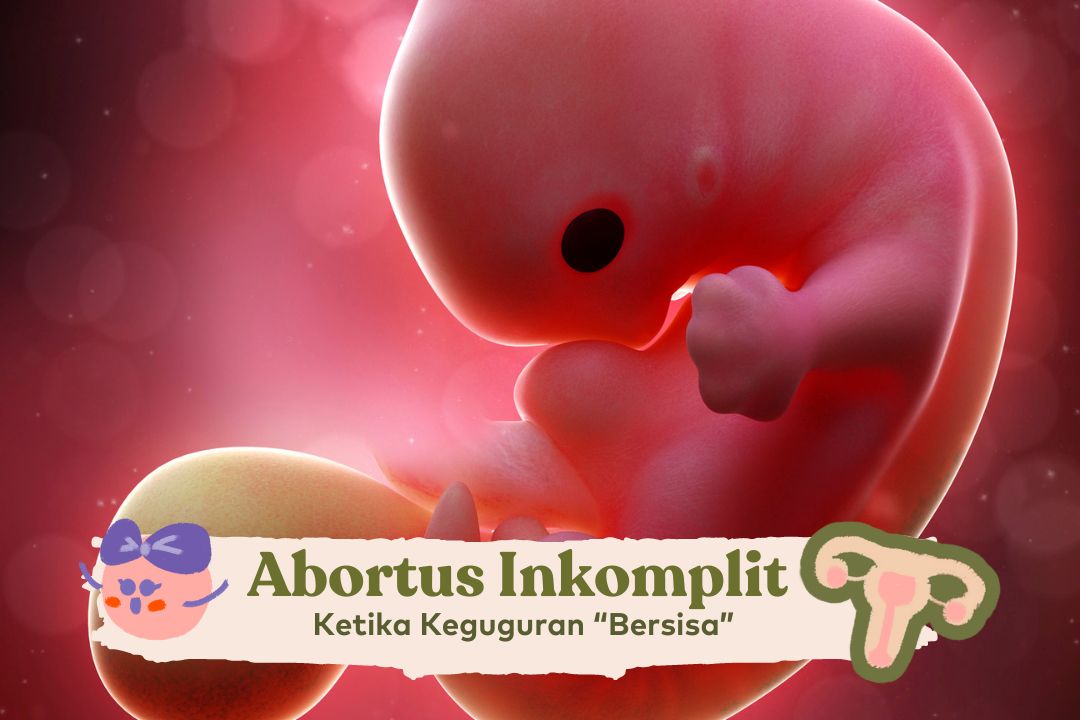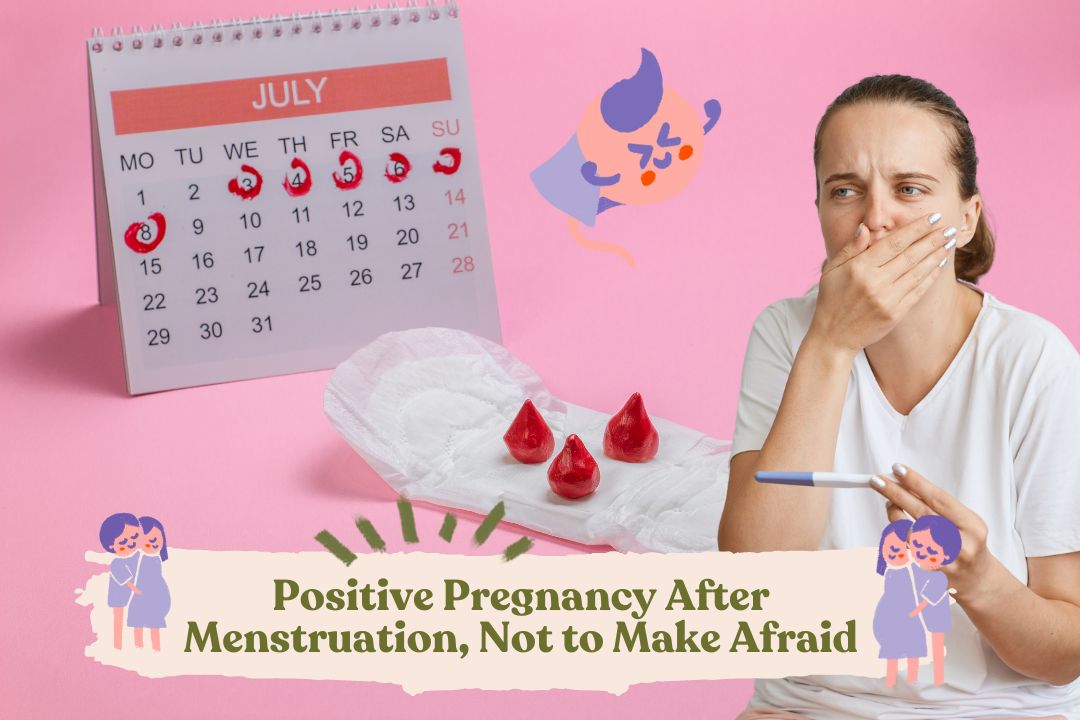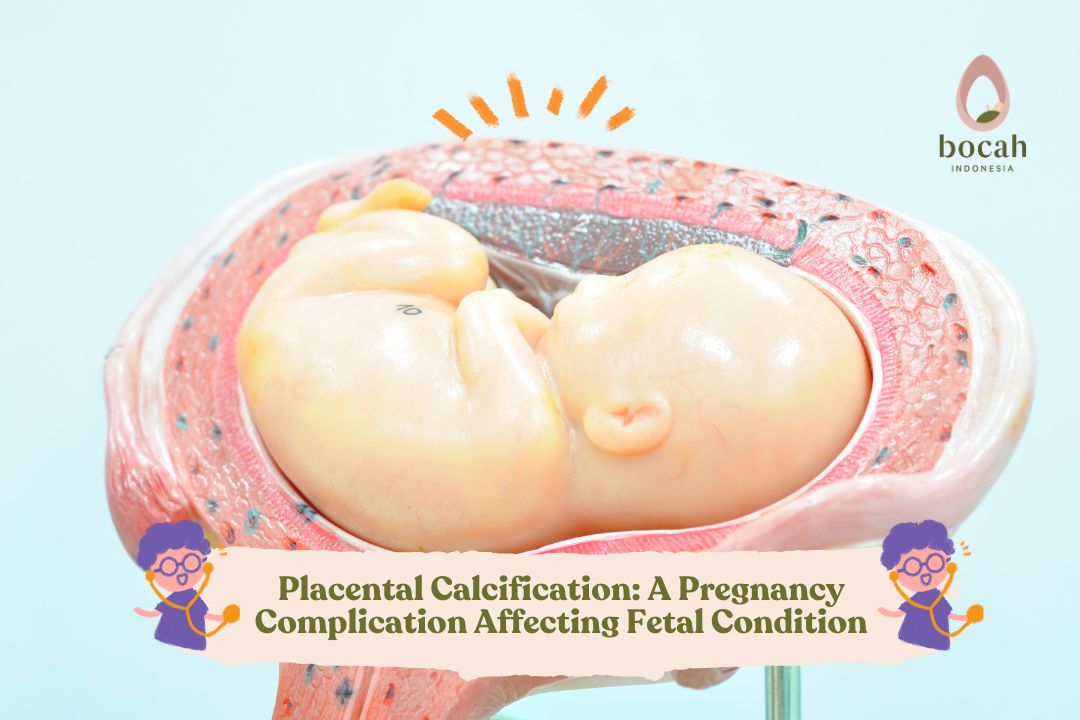The Dangers of Obesity, Pregnancy Programs Hindered
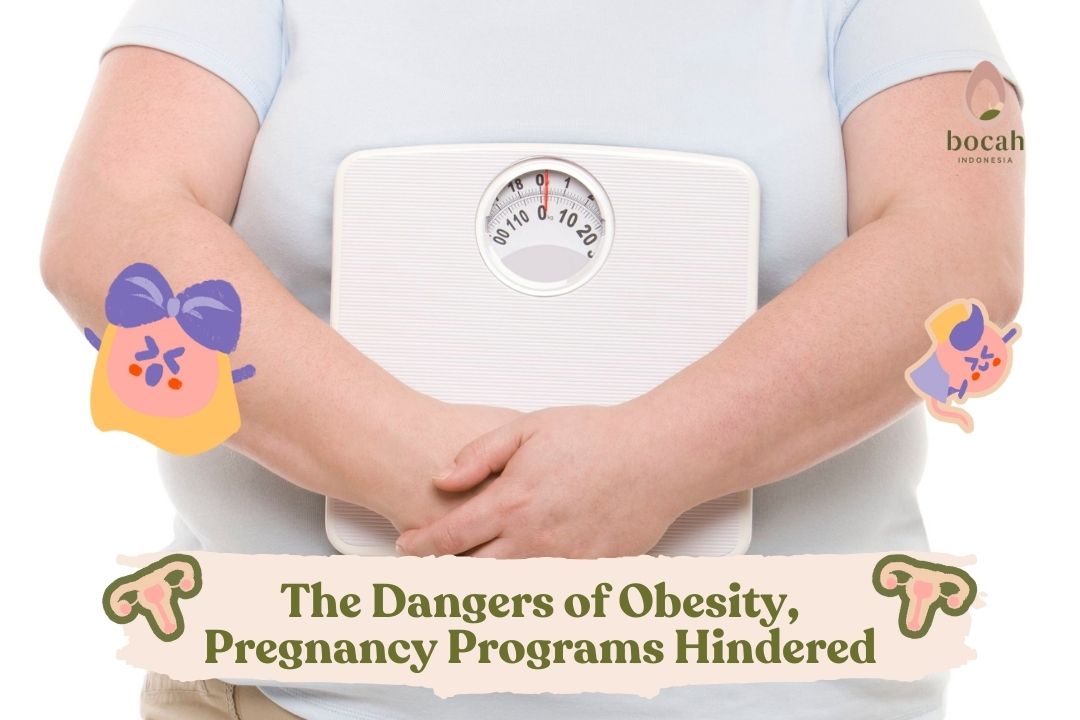
Excess body weight can increase the risk of various diseases and affect fertility.
Having excess body weight or obesity can be experienced by anyone, both men and women. This condition even occurs in several countries, including Indonesia. According to data from the Ministry of Health, in the past 10 years, there has been a significant increase in obesity cases, with 10.5% in 2017 rising to 21.8% in 2018.
Obesity can lead to serious health problems. This is because excess fat accumulates in the body due to an imbalance between the energy intake and expenditure.
Some health conditions caused by obesity, such as diabetes, stroke, heart disease, and blood vessel blockages. Not only does it disrupt health, but having excess body weight can also affect the fertility of both men and women, making it difficult for couples to get pregnant.
The Impact of Obesity on Fertility
If you experience irregular menstrual cycles, one of the causes may be having excess body weight. This is because obesity can cause hormonal imbalances in the body, leading to insulin resistance, hyperinsulinemia, increased androgen and leptin hormones, and decreased sex-related globulin hormones.
Tanya Ferly tentang Promil?
This condition can lead to hypothalamic dysfunction, the part of the brain that regulates the menstrual cycle, disrupted egg maturation, and a decrease in the production of gonadotropin and progesterone hormones, which are fertility hormones.
Obesity increases several risks in both women who are just starting trying to conceive and those who are already pregnant. Women who are obese during pregnancy are at risk of miscarriage.
Research published in the Journal of The Turkish-German Gynecological Association states that women with a body mass index (BMI) of more than 30 have a higher risk of difficulty getting pregnant, at least within one year.
The same study also mentions that women with a BMI over 30 are unable to have a normal delivery.
Obesity also affects male fertility. According to a study published in the Central European Journal of Urology, every 9 kg of excess body weight can increase the risk of fertility disorders by up to 10 percent.
Excess body weight can reduce testosterone levels and insulin resistance, which can affect sperm quality.
In addition, excess body weight in men can also affect an increase in scrotal temperature. Ideally, the scrotal temperature should be at room temperature for optimal sperm formation in the testicles.
Several studies have also indicated a connection between excess body weight and premature ejaculation and increased erectile dysfunction. Erectile dysfunction can reduce the chances of fertilization because it occurs due to blocked blood vessels in the penis.
Tips for Achieving an Ideal Body Weight
Parents, having excess body weight is not recommended because it affects health and fertility. Therefore, there are some tips that can be followed to achieve an ideal body weight for optimal conception.
Manage your diet
One way to increase your chances of getting pregnant is to manage your diet. Try to maintain a diet of three meals a day with more vegetables than carbohydrates and protein.
The portions of protein and carbohydrates should be equal, with no excess of one over the other. Don’t forget to consume fruits every day to meet your mineral and vitamin needs.
Regular exercise
Parents, regular exercise is important. Besides being good for your health, exercise helps you maintain an ideal body weight and reduces the risk of excess weight. Regular exercise can help boost your metabolism.
Avoid strenuous exercise that stresses the body. You can start with walking or brisk walking, swimming, yoga, or cardio exercises such as aerobics or Zumba.
Adequate rest
Adequate rest is also important to maintain an ideal body weight. Aim to get 6-8 hours of sleep every night. Avoid staying up late, as it can increase the risk of other health problems.
That’s the explanation of the impact of obesity on fertility. If you’re experiencing these conditions, don’t worry. Before starting a pregnancy program, it’s advisable to apply the above tips and adopt a healthy lifestyle to increase your chances of getting pregnant.
Source:
- Jungheim, E.S., et al. (2013). Weighing the impact of obesity on female reproductive function and fertility. Nutrition Reviews, Volume 71, Issue suppl_1, 1 October 2013, Pages S3–S8. https://academic.oup.com/nutritionreviews/article/71/suppl_1/S3/1834458
- Dag, Z.O., Dilba, B. (2015). Impact of obesity on infertility in women. J Turk Ger Gynecol Assoc 2015; 16: 111-7. https://cms.galenos.com.tr/Uploads/Article_13433/111-7.pdf
- Obesity: Symptoms, Causes, Treatment. WebMD. https://www.webmd.com/obesity/what-obesity-is
- Obesity. World Health Organization. https://www.who.int/health-topics/obesity#tab=tab_1
- Panduan Hari Obesitas Sedunia. https://ayosehat.kemkes.go.id/pub/files/0b43c48e8765bf62a02f42a1359349d5.pdf
- Moon, K.H., et al. (2019). Obesity and Erectile Dysfunction: From Bench to Clinical Implication. World J Mens Health. 2019 May; 37(2): 138–147. https://www.ncbi.nlm.nih.gov/pmc/articles/PMC6479091/
- Gokce, A., Ekmekcioglu, O. (2010). Insight on pathogenesis of lifelong premature ejaculation: inverse relationship between lifelong premature ejaculation and obesity. Int J Impot Res. 2010 Jul-Aug;22(4):251-4. https://pubmed.ncbi.nlm.nih.gov/20574431/


